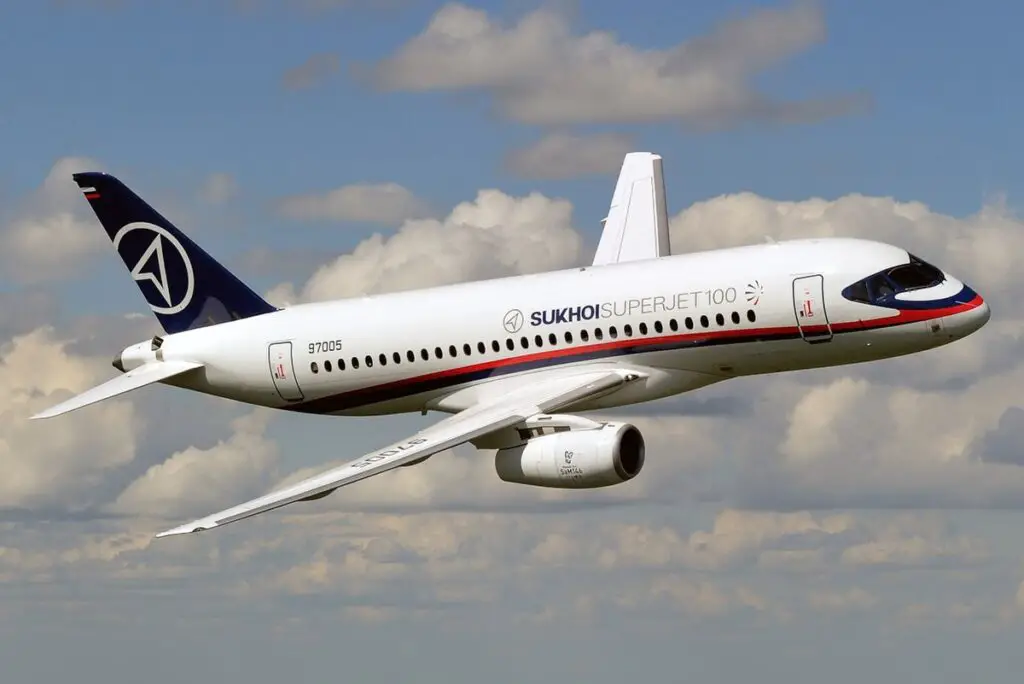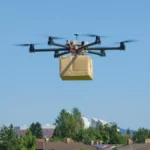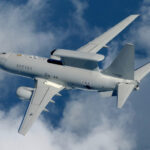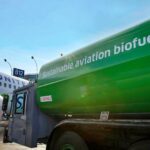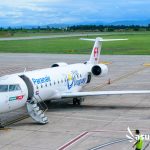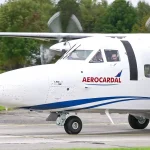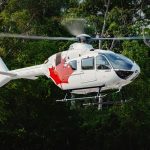The Russian authorities will certify the new domestically produced PD-8 engine, which will power the Suhkoi Superjet 100, in September. This was stated yesterday by Oleg Bocharov, Deputy Minister of Industry and Trade, at a meeting on the present and future of the local aviation industry.
Although certification was originally planned to be completed in 2024, the situation in the Russian industry, which is affected by international sanctions, has led to an earlier deadline. The first aircraft equipped with the new powerplant would begin regular operations later this year, according to the official.
See also: Russia approves locally produced wing and engine for the Irkut MC-21
The new all-Russian Sukhoi Superjet 100
Aerodynamic testing of the all-Russian Sukhoi Superjet 100, known as the SSJ-NEW, was completed on 24 November. This is a modification of the single-aisle model that first flew in 2008 and represented the first major Russian aerocommercial venture in this century. Its development was the result of cooperation with some thirty international suppliers.
However, as a result of Russia’s replacement of imported components and systems with domestically produced ones, for the first time its manufacturer will completely dispense with foreign components in its composition.
One of the main new features of the variant is the incorporation of a power plant developed and manufactured in Russia. In short, this is one more of the measures implemented by the national government to support the local aeronautical industry despite external sanctions.
Sanctions applied by the European Union, the United Kingdom, the United States and Canada, which restrict Russia’s ability to import Western-made aircraft and parts, added pressure to aircraft production after the military invasion of Ukraine in February 2022.
In response, the Russian administration began implementing a series of measures to promote local industry and emphasised the need to reduce dependence on foreign inputs as much as possible. Decreasing imports of components and encouraging domestic manufacturers’ own activity is key to its intentions.

